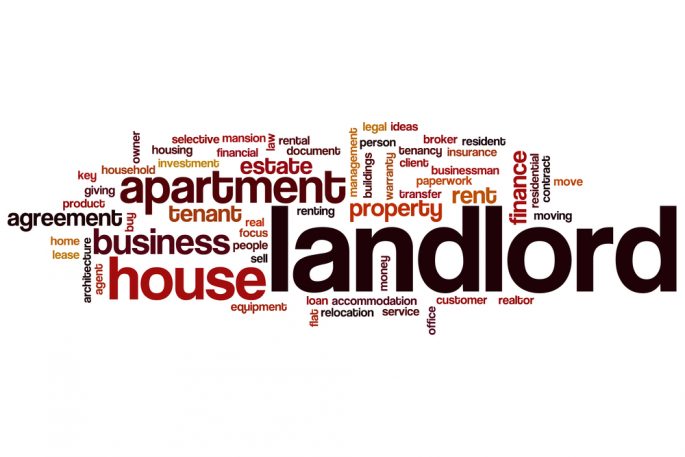 People who are allowed to be in the UK have a right to rent and a right to rent check should be made by landlords. If a landlord cannot show the check was made, or are renting to someone who isn’t allowed to stay in the UK, there could be fine to pay (civil penalty).
People who are allowed to be in the UK have a right to rent and a right to rent check should be made by landlords. If a landlord cannot show the check was made, or are renting to someone who isn’t allowed to stay in the UK, there could be fine to pay (civil penalty).
People who are sub-letting will also be responsible for making checks and should advise their landlord in writing that they are doing so. The responsibility for making the checks can be transferred to the landlord if an agreement is made between both parties in writing. Anyone who takes in a lodger should also check their right to rent before allowing them to move in. Landlords or homeowners can also appoint an agent to carry out the checks on their behalf.
All adults over the age of 18 who will use the property as their only or main home should be checked, even if they are not named on the tenancy agreement and regardless of whether the tenancy agreement is written, oral or implied.
To check if someone has the right to rent, the landlord will obtain and check original acceptable documents before allowing them to move in. These documents should be checked in the presence of the holder to verify that it is the rightful holder. Landlords should keep a copy of these documents until 12 months after the tenancy ends. If an occupier moves someone in without the knowledge of the landlord, the occupier becomes responsible for making the checks and could face a civil penalty if this is not done.
More information on the right to rent checks can be found in the ‘Code of Practice on illegal immigrants and private rented accommodation.’
If you require any assistance in applying for Permanent Residence in the UK, please contact us on 01793 836 010 or e-mail us at enquiries@permits2work.com for an assessment of your situation.
